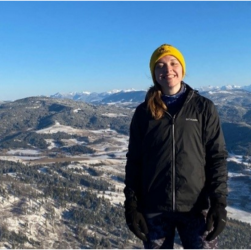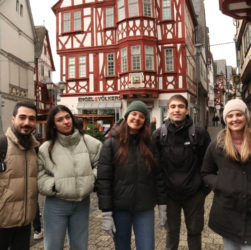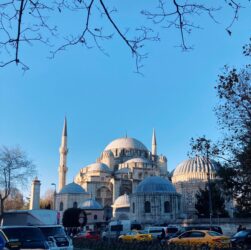Marthé Rossouw BCom International Business Semester Exchange in the Second Semester, 2023 at Montana State University Pre-departure: The …


Marthé Rossouw BCom International Business Semester Exchange in the Second Semester, 2023 at Montana State University Pre-departure: The …

Eryn Treherne BCom International Business Semester Exchange in the Second Semester, 2023 at Frankfurt School of Finance and Management …

Kyle de Villiers BCom International Business Semester Exchange in the Second Semester, 2023 at Koc University Pre-departure: It is …